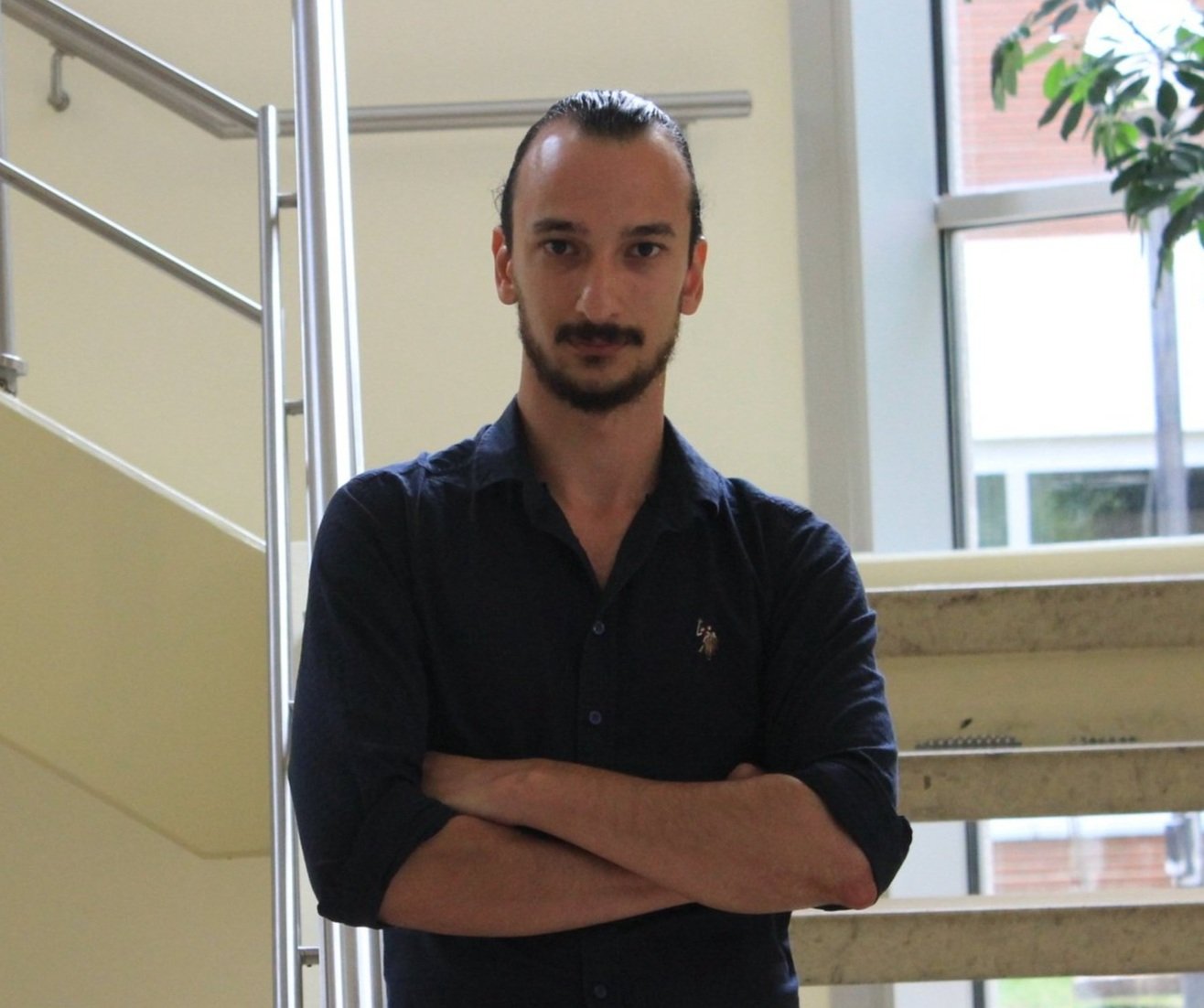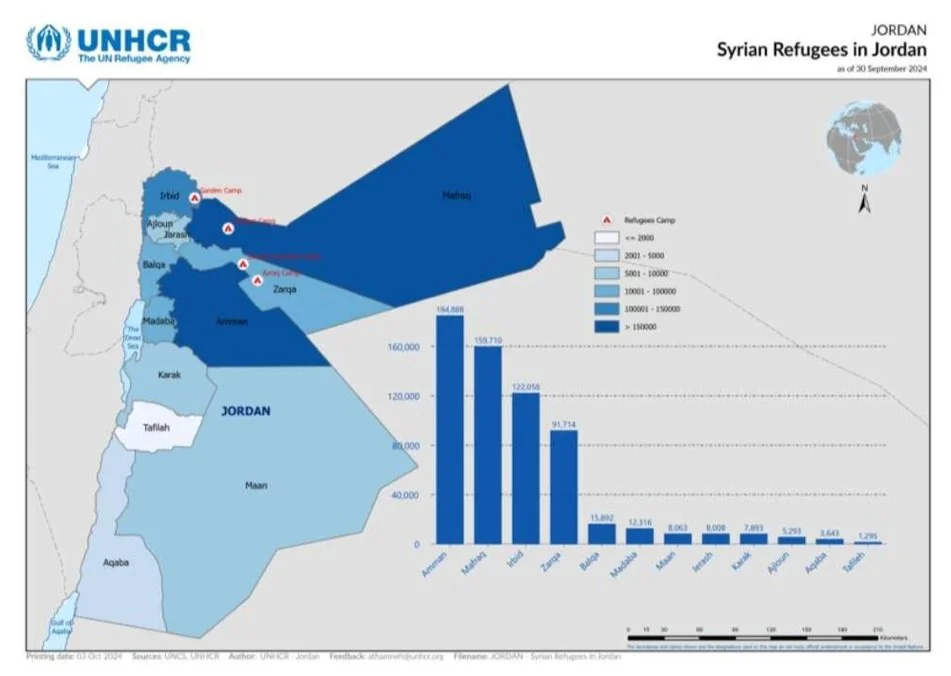The University of Glasgow has been changing the world since 1451. We are a world top 100 university and a member of the prestigious Russell Group of leading UK research universities. Our people have always been at the forefront of innovation, including eight Nobel Laureates, two UK Prime Ministers, three First Ministers of Scotland, 10 Fellows of the Royal Society and 11 Fellows of the British Academy. Our past achievements inspire our current world changers.
As a globally connected university, we work in partnership with others across the world to advance global solutions to real world problems. We are proud to be a founding member of the university networks Universitas 21 and The Guild of European Research Intensive Universities. We are committed to tackling the most pressing global challenges facing humanity and the natural world. We are delivering against the United Nation’s 17 Sustainable Development Goals (SDGs) and have pledged to be carbon neutral by 2030. We were the first European university to declare it would divest from fossil fuels by 2024 and the first in Scotland to declare a climate emergency.
We believe that everyone should have fair access to education. We are proud of our long tradition of helping talented people to fulfil their ambitions, regardless of their background or circumstances. Our University of Sanctuary status recognises the safe and welcoming environment we provide for refugees and asylum seekers.
We are home to The Hunterian, our museum and art gallery, one of the leading university museums in the world. We have the world’s largest permanent display of the work of James McNeill Whistler and the largest single holding of the work of Charles Rennie Mackintosh.
Gerasimos Tsourapas
Gerasimos Tsourapas is Professor of International Relations at the University of Glasgow, and the Chair of the Ethnicity, Nationalism, & Migration Studies (ENMISA) Section of the International Studies Association (2023–25). He works on the international relations of the Middle East and the broader Global South, with a particular focus on the politics of migrants, refugees, and diasporas. He currently leads a European Research Council Starting Grant project (2022–27), MOBSANCT, on migration diplomacy across Europe, the Middle East, South and South-East Asia.
He is the author of The Politics of Migration in Modern Egypt – Strategies for Regime Survival in Autocracies (Cambridge University Press, 2018) and Migration Diplomacy in the Middle East and North Africa – Power, Mobility, and the State (Manchester University Press, 2021). His work has appeared in International Studies Quarterly, European Journal of International Relations, International Migration Review, International Political Science Review, Journal of Ethnic and Migration Studies, and other leading journals.
Dr Tsourapas was a Fellow at the Center for European Studies, Harvard University (2019–20) and The American University in Cairo (2013–14). He received a BA in Economics and Political Science from Yale University (2006), an MSc in International Political Economy from the London School of Economics and Political Science (2007), and a PhD in Politics from SOAS, University of London (2016).
Pablo José Pérez Cañavate
Pablo José Pérez Cañavate is a postgraduate student at the University of Glasgow. He is enrolled in the Erasmus Mundus International Master in Security, Intelligence and Strategic Studies, a prestigious international programme that offers a wide range of cutting-edge methods both in the applied and research field to analyse the challenges of contemporary politics. Previously, he gained experience in migratory flows as a participant of European Erasmus+ Youth Exchange programs, and during his bachelor’s in history and politics at Universidad Carlos III de Madrid.
In addition to his studies, Pablo speaks fluently Spanish, English and Portuguese. His objective is to continue diving in the field of academia to later pursue a Ph.D. He is passionate, determined, and willing to give his best for the success of this project.
Samet Apaydın
Samet Apaydın is currently a research assistant at the University of Glasgow. Prior to joining the University of Glasgow, he worked as a research assistant at Sabancı University in Istanbul. During his time in this role, he was part of the MAGYC (Migration Governance and Asylum Crises) consortium and the MirreM (Measuring Irregular Migration) project as a country expert. He is still pursuing his PhD in Political Science at Sabancı University, where his dissertation focuses on the linkage between domestic politics and foreign policy vis-a-vis migration governance and the role of anti-immigrant parties. Overall, his research interests lie at the intersection of migration governance, public opinion, and state policies.








In a world where more than half of the Syrian refugees are denied the most basic means of employment, Jordan pioneered a new approach. Instead of leaving the Syrian refugees in perpetual waiting, the country undertook a carefully planned approach: to empower Syrians during their displacement so that they would one day be able to return to Syria not as victims, but as skilled and self-reliant assets. Unlike other host countries that have struggled to integrate Syrian refugees into their formal labor market (or completely omit them)-Jordan took steps in the right direction early on. Jordan provided access to work permits to the Syrians, removed the fees levied on the permits, and provided vocational training and skills development opportunities…